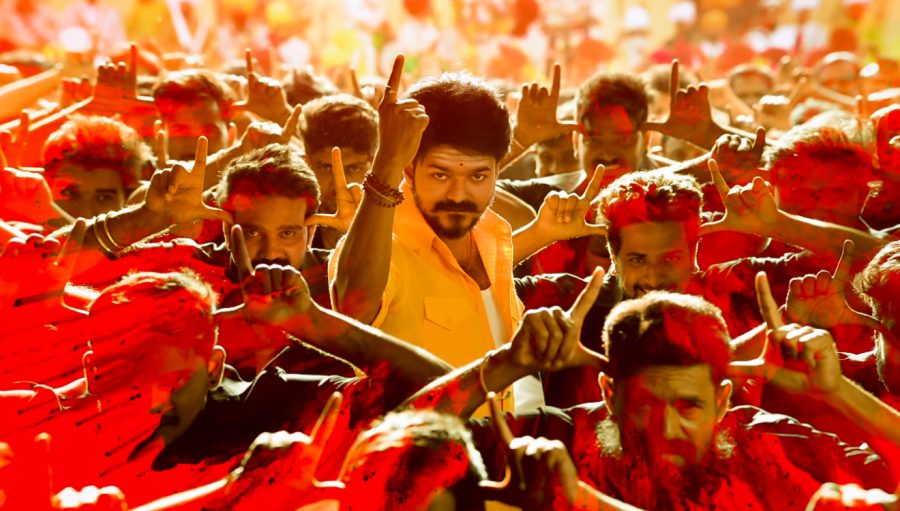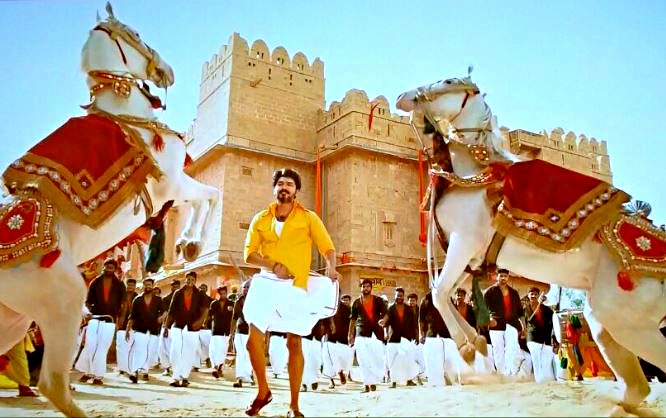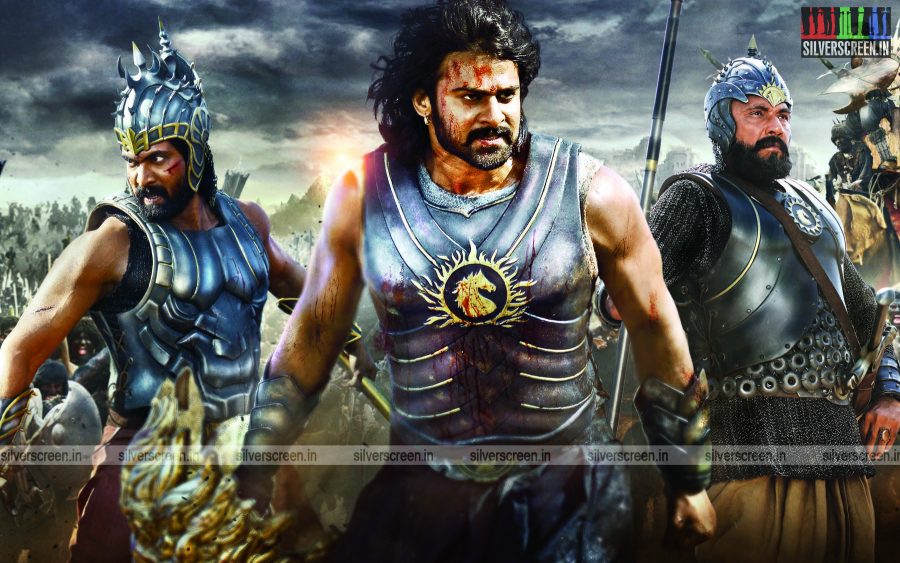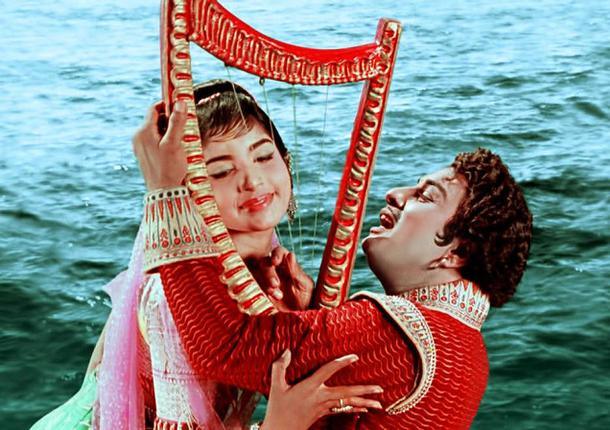Vijay’s Mersal had a thundering opening on Diwali. Soon after it’s release, the Tamil Nadu unit of the BJP alleged that Vijay has criticised Prime Minister Narendra Modi’s demonetisation move and the Goods and Services Tax (GST) and demanded the scenes be removed from the film.
Demonetisation was touted as a big scheme to identify black money hoarders, stop terror funding, and prevent corruption. It was announced by Modi on November 8, 2016 – in a surprise move to prevent any large tranches of black money to be funneled into the system. However, within weeks of the move, the government kept shifting the goal posts for demonetisation, announcing that it was a move to take India into the digital economy and reduce the system’s reliance on cash as a medium of exchange.
A recent report by the Reserve Bank of India (RBI) showed that over 96 percent of the demonetised currency came back to the banks and was properly accounted for. However, the severe cash crunch for over six months following the move, the effective death of the informal and unorganised economy on which majority of Indians survived, the long queues, the lack of clarity from the government resulted in public anger.
In Mersal, comedian Vadivelu refers to this. An early scene sees Vijay and Vadivelu in a coffee shop, abroad. Vijay has just hit on Kajal Aggarwal and the two are chatting each other up, when a holdup happens. Masked men, with guns and knives, enter the coffee shop and demand all the patrons hand over their money. Vadivelu too is forced to hand over his wallet: But the masked men open to see that it is empty. Not a single coin or note of currency. Vadivelu then remarks that the entire country has gone digital and no one carries cash any more.
***
The GST or Goods and Services Tax, was announced early this 2017, and was rolled out in August this year. The tax replaces all other previous forms of indirect and commercial taxes, such as Sales Tax, Value Added Tax, State Import/Export Duties, Entertainment Tax, Luxury Tax, and the like, with – at least on paper – one simple, easy to understand and implement tax system.
The big messaging was “One Nation, One Tax.” However, the GST as originally envisaged would have resulted in severe losses for big manufacturing states and origin states, such as Tamil Nadu. The state government of Tamil Nadu levied its own taxes, point-of-origin duties, Octroi, and other taxes on goods produced in the state, or those that are exported from it. The money thus raised was used to fund a series of important welfare schemes in the state, such as the mid-day meal scheme, health and medical insurance for manual labourers, financial incentives and support for pregnant women, and many other.
In fact, late Chief Minister J Jayalalithaa was strongly opposed to the GST.
Outside of the politics, the GST roll out caused severe hardships for small and medium enterprises, handicraft and artisanal producers, and resulted in a drastic loss to the economy. Demonetisation and GST together reportedly made a negative impact on the country’s GDP. Further, what was supposed to be ‘One Tax’ for ‘One Nation’ became a shifting, sliding slabs of multiple taxes – 5 percent, 12 percent, 28 percent and so on, and further split into a State GST and a Central GST.
Mersal comments on GST, however, does not go into this detail. It merely points out that a smaller state – Singapore – which charges only a uniform 7 percent GST on all products and services – provides better quality public health care than India, where 28 percent GST is the highest current rate. This is set up as part of a TV interview the character, Dr. Maaran, gives to a private TV channel, and as a response to a question from the audience.
***
Recommended
Neither the scene on demonetisation nor the one on GST mention any political party or leader’s name. Neither scenes mention that the schemes were launched by the party in power at the Centre. The scenes and the references are what you’d expect a comedian and actor, actively working in this day and age, to capitalise on as topical issues. For a comedian especially, this is ripe material and many smaller comics, stand-up performers, viral video makers, and more have used the demonetisation and GST schemes to build their material.
Therefore it is both funny and severely frightening that BJP’s Tamilisai Soundarrajan and other party leaders are demanding that Mersal producers cut the scenes. This could be the Streisand effect that will take these issues further into public memory and debate.
***



